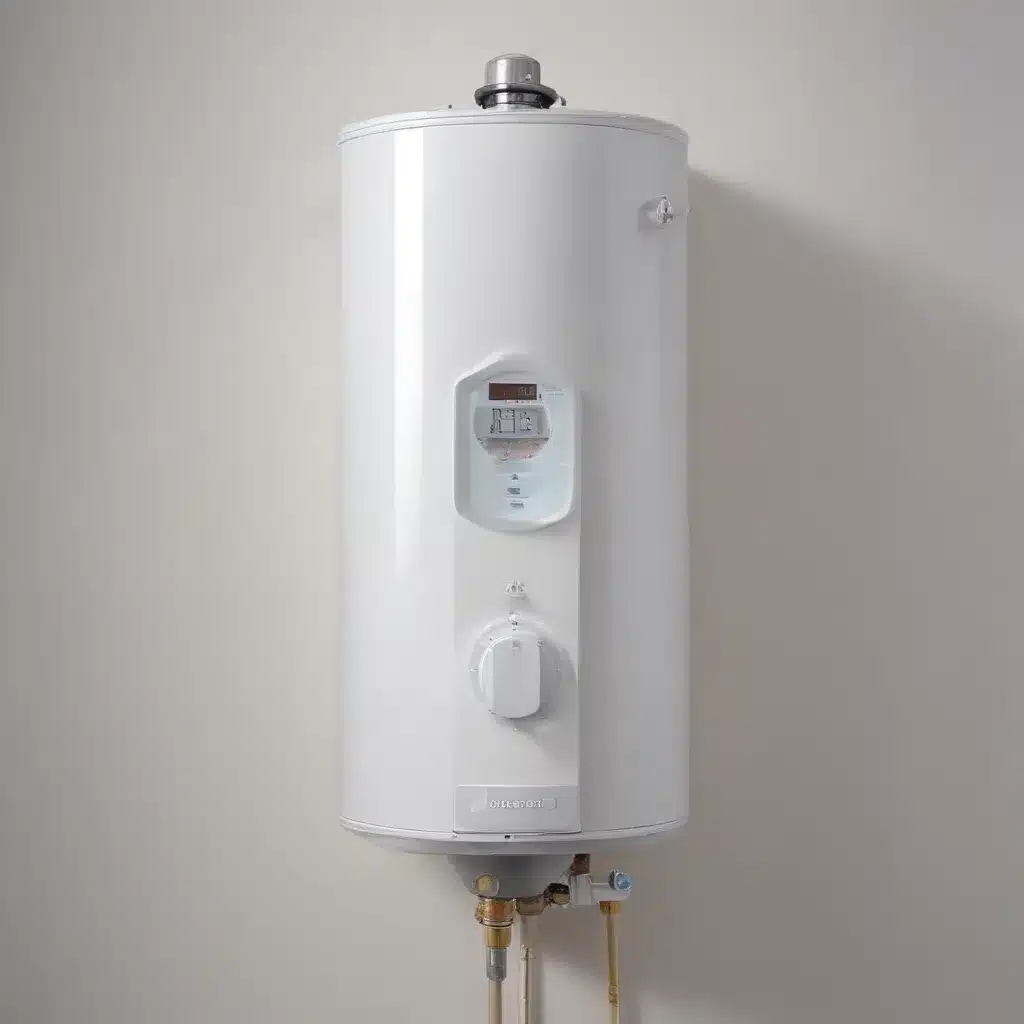
As an experienced water heater specialist, I’m excited to share insights on a powerful tool for homeowners and plumbers – the timer-controlled water heater. In our 10 years of water heater experience… In this comprehensive guide, we’ll explore how these innovative systems can help you optimize energy usage, lower utility bills, and enhance the overall efficiency of your home’s water heating.
Now, this might seem counterintuitive when dealing with water heaters…
Water Heater Types
Before diving into the benefits of timer-controlled systems, let’s briefly review the main types of water heaters on the market:
Conventional Tank-Style Water Heaters: These are the most common type, featuring a large insulated storage tank that keeps water heated and ready for use. They come in a variety of fuel sources, including electric, natural gas, and propane.
Tankless (On-Demand) Water Heaters: Also known as instantaneous or “endless” water heaters, these compact units heat water only when needed, rather than maintaining a constant tank temperature. They can provide hot water on-demand, often more efficiently than traditional tank models.
Heat Pump Water Heaters: These advanced systems use electricity to “pump” heat from the surrounding air into the water, rather than generating heat directly. They are highly energy-efficient, but have a higher upfront cost than conventional options.
Water Heater Maintenance
Proper maintenance is crucial for ensuring the longevity and optimal performance of any water heater, regardless of the type. Key maintenance tasks include:
Flushing and Sediment Removal: Regularly flushing the tank to remove built-up sediment can improve efficiency and extend the lifespan of the unit.
Anode Rod Replacement: The anode rod protects the tank from corrosion; it should be inspected and replaced as needed.
Thermostat and Heating Element Inspection: For electric water heaters, checking the thermostat and heating elements can help identify and resolve any issues.
Plumbing Techniques
Alongside water heater maintenance, plumbing techniques play a vital role in maximizing efficiency and safety. Important considerations include:
Pipe Materials and Selection: Choosing the right pipe materials, such as copper or PEX, can improve water flow and temperature consistency.
Leak Detection and Repair: Identifying and fixing even small leaks can prevent water damage and improve energy efficiency.
Expansion Tank Installation: Adding an expansion tank helps manage pressure changes and prevent damage to the water heater and plumbing system.
Installation Methods
Proper water heater installation is critical for optimal performance and safety. Key factors to consider include:
Proper Sizing and Placement: Selecting the right size water heater for your household’s needs and placing it in an accessible location are essential.
Electrical and Gas Connections: Ensuring proper electrical wiring and gas line connections is crucial for safe and efficient operation.
Insulation and Ventilation Requirements: Proper insulation and ventilation help maintain efficiency and prevent potential safety hazards.
Energy-Efficient Features
One of the most significant advancements in water heater technology is the incorporation of energy-efficient features. Among the most impactful is the timer-controlled operation:
Timer-Controlled Operation: Timer-controlled water heaters allow homeowners to schedule when the unit heats water, often aligning with off-peak electricity rates or periods of low usage. This can result in substantial energy and cost savings.
Thermal Efficiency Ratings: Look for water heaters with high Energy Factor (EF) or Uniform Energy Factor (UEF) ratings, which indicate their overall thermal efficiency and energy usage.
Programmable Thermostats: Advanced thermostats enable users to set custom temperature schedules, further optimizing energy consumption.
Cost Savings Considerations
The potential cost savings of a timer-controlled water heater can be substantial, making them a wise investment for homeowners. Key factors to consider include:
Utility Rebates and Incentives: Many utility companies offer rebates or incentives for the installation of energy-efficient water heaters, which can help offset the upfront costs.
Long-Term Operating Costs: While timer-controlled water heaters may have a higher initial price tag, the ongoing energy savings can provide a significant return on investment over the unit’s lifetime.
Replacement Timing: Replacing an aging, inefficient water heater with a new, timer-controlled model can deliver immediate and long-term cost savings.
Environmental Impact
In addition to the financial benefits, timer-controlled water heaters also have a positive impact on the environment:
Greenhouse Gas Emissions: By reducing energy consumption, these systems help lower the carbon footprint associated with water heating, a significant contributor to household energy usage.
Water Conservation: Some timer-controlled models can be integrated with smart home technologies to monitor and optimize water usage, further enhancing sustainability.
Recycling and Disposal: When it’s time to replace an old water heater, double-check that it is properly recycled or disposed of in accordance with local regulations.
Regulatory Compliance
As with any major home appliance, water heaters are subject to various building codes, safety standards, and efficiency regulations. It’s crucial to double-check that your installation and ongoing use of a timer-controlled water heater meets all applicable requirements, such as:
Building Codes and Permits: Consult with local authorities to understand the necessary permits and code compliance for your water heater installation.
Safety Standards: double-check that your chosen water heater model meets or exceeds industry safety standards, such as those set by the American National Standards Institute (ANSI) or Underwriters Laboratories (UL).
Efficiency Regulations: Many regions have established minimum energy efficiency standards for water heaters, so be sure your selection aligns with these requirements.
By understanding the benefits of timer-controlled water heaters and incorporating best practices for maintenance, plumbing, installation, and regulatory compliance, you can optimize your home’s energy usage, reduce utility costs, and make a positive impact on the environment. For more information and personalized guidance, be sure to visit WaterHeaterPick.com.
Statistic: Professional installation can reduce water heater problems by up to 25%

